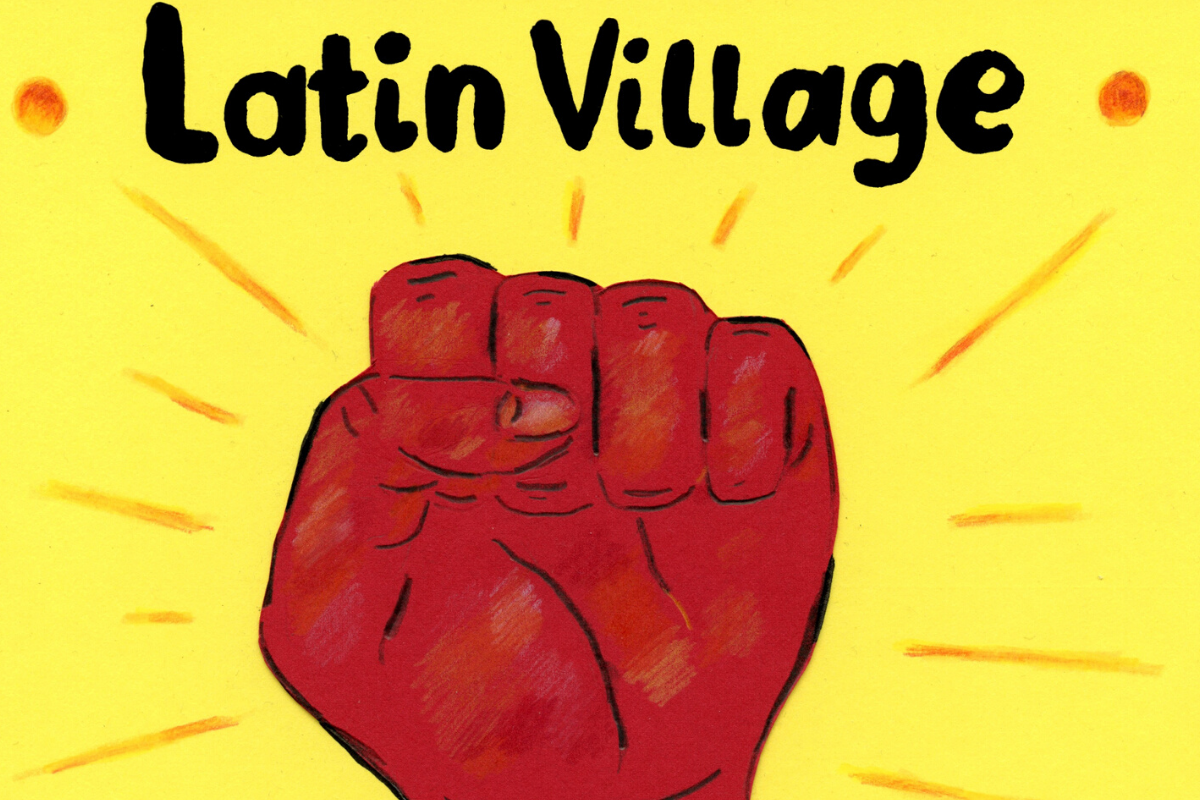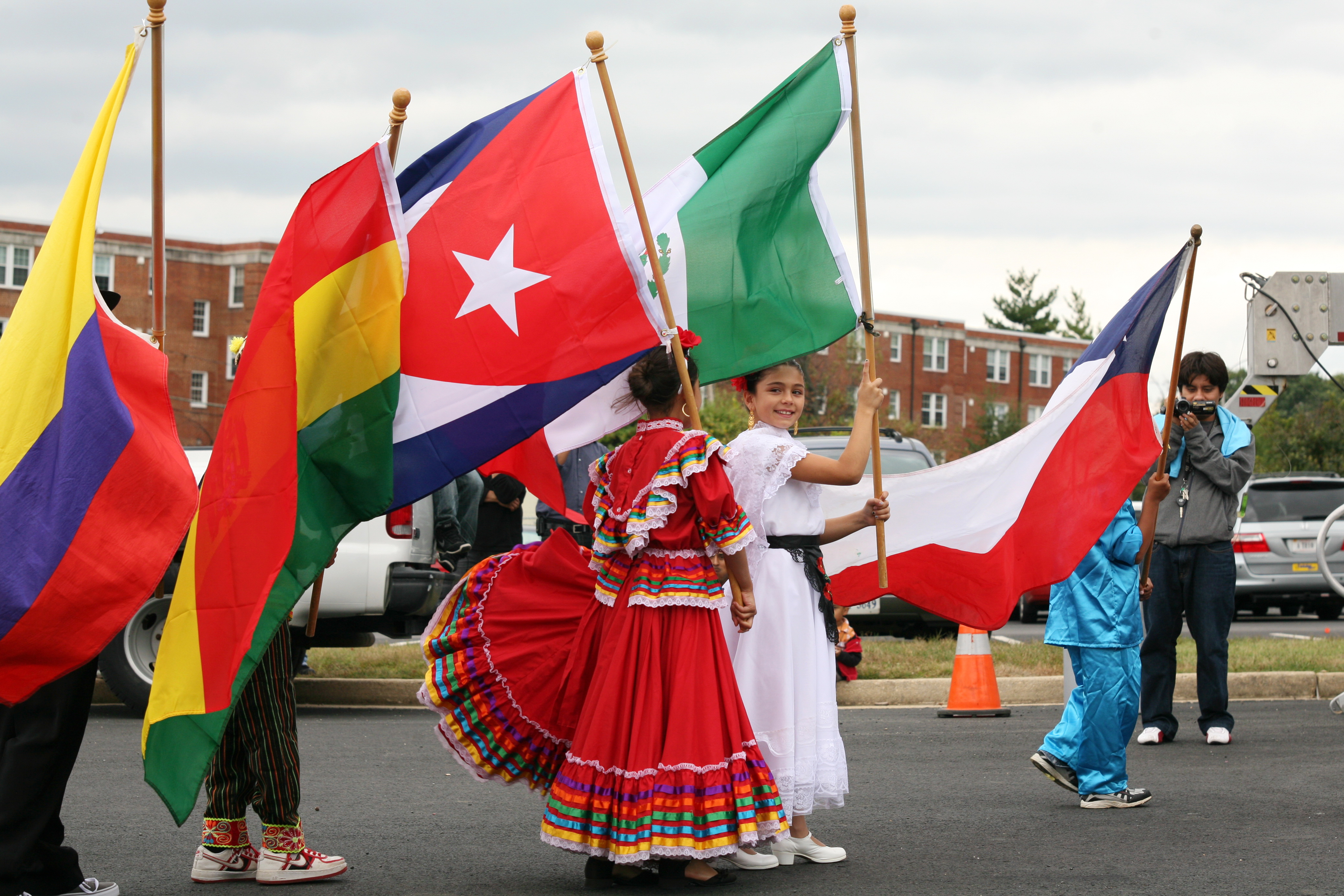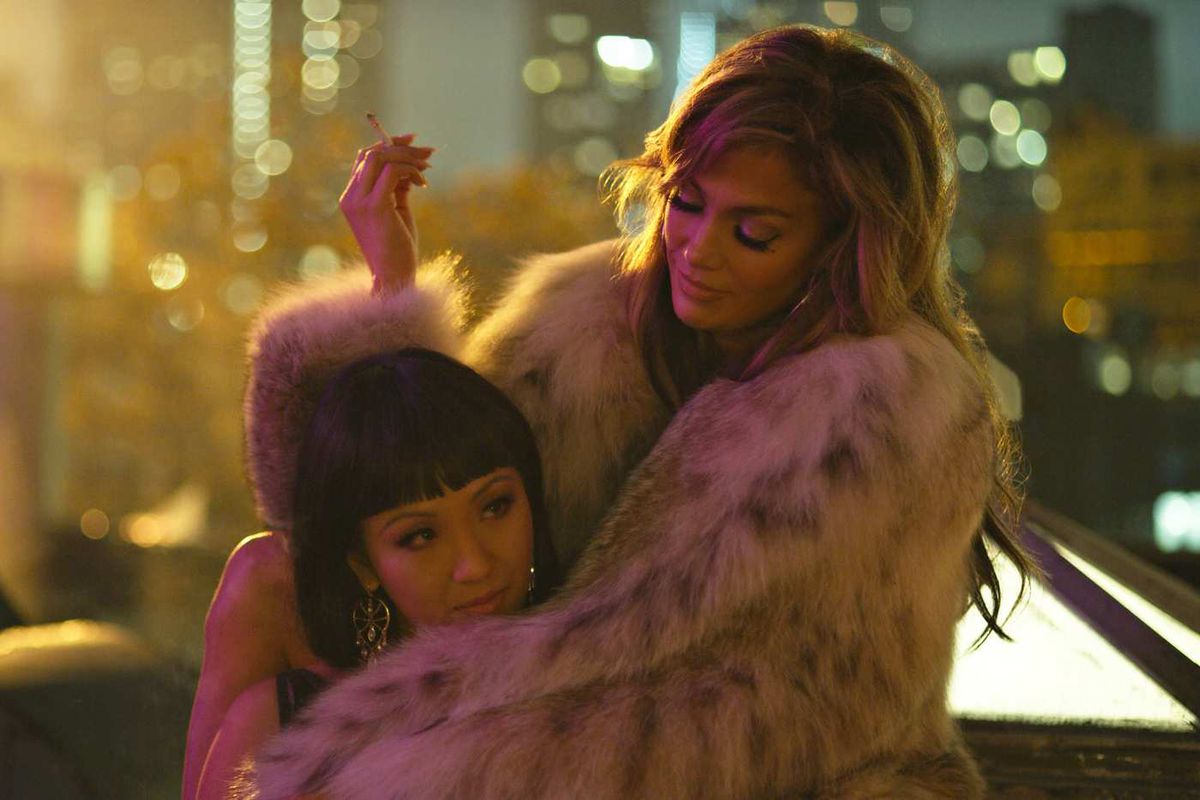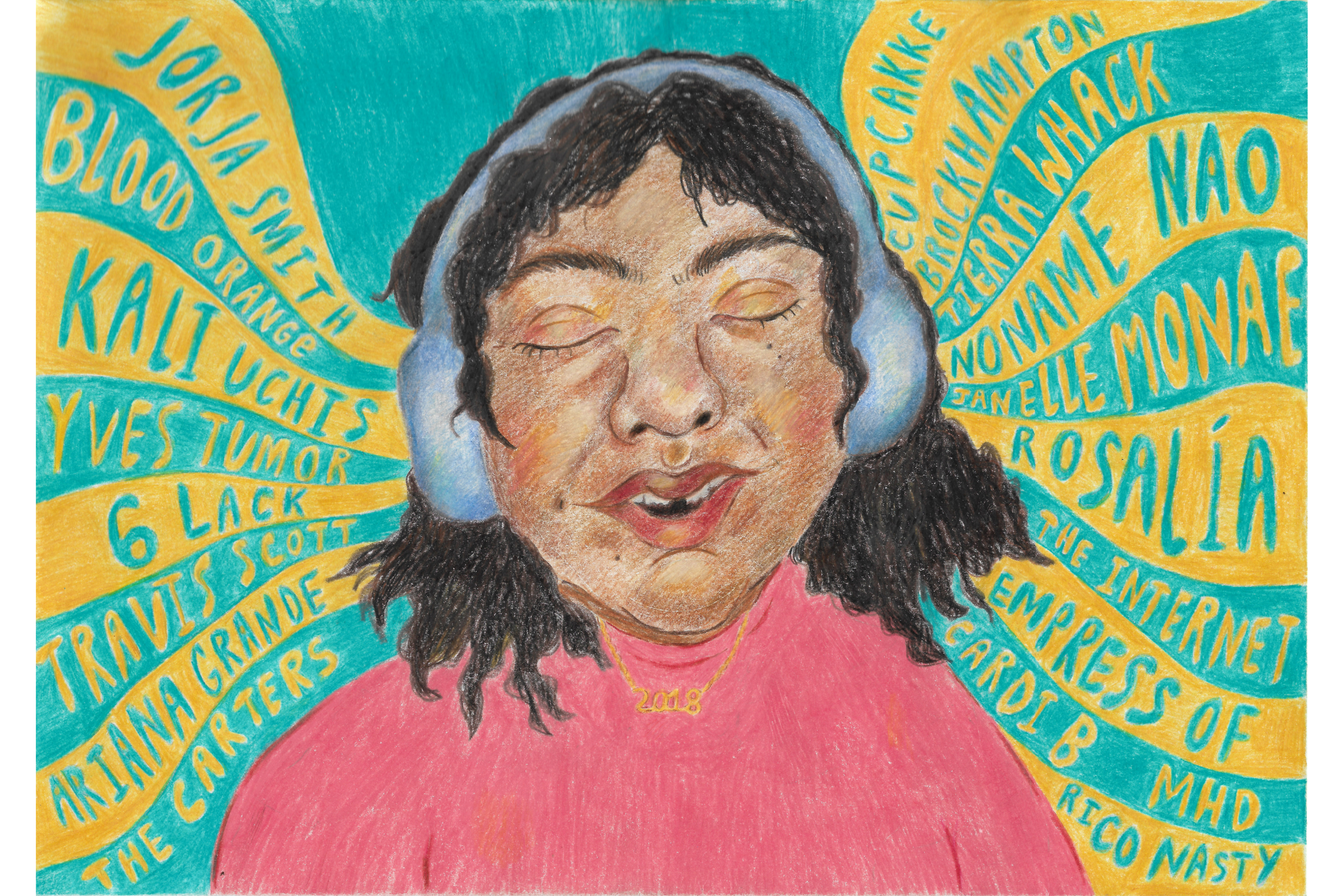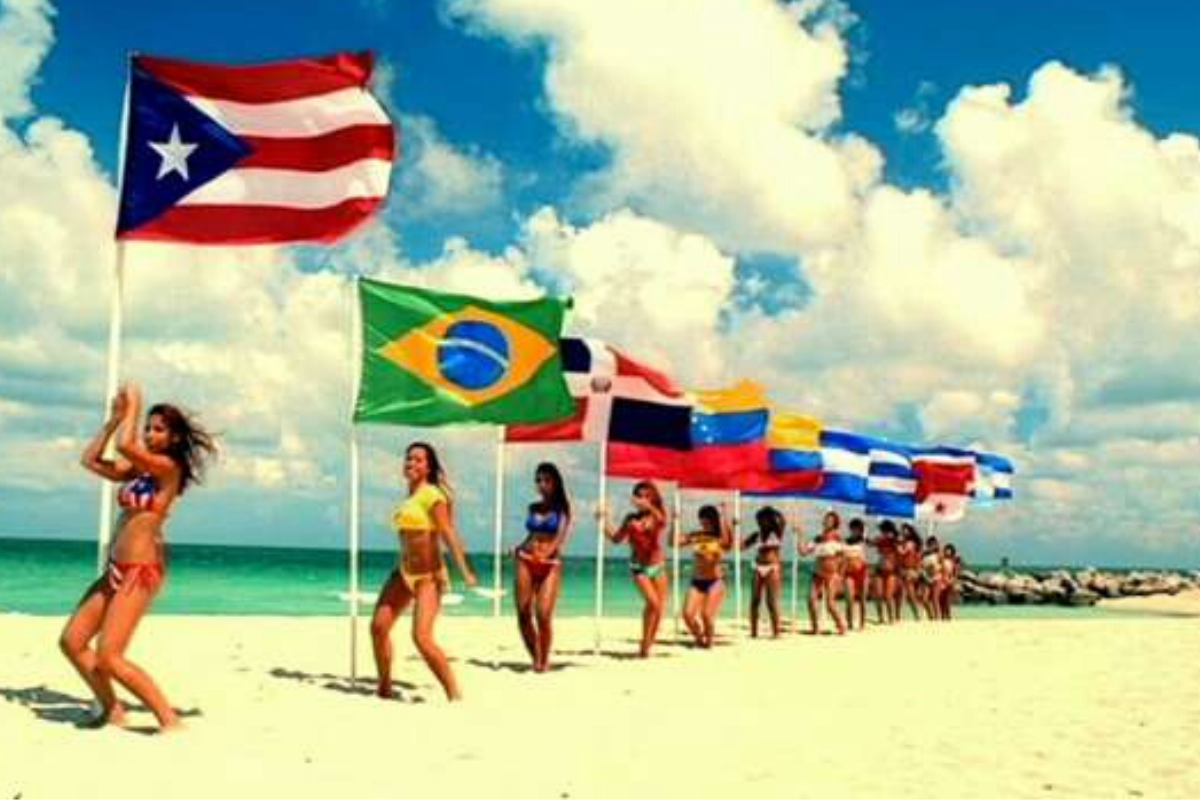
We must recognise the influence of the Afro-Latinx community on reggaeton and beyond
Isabella Rooney
14 Nov 2019
Screenshot from N.O.R.E.’s ‘Oye Mi Canto’ | YouTube
Reggaeton has become a truly global genre: in 2019, it’s difficult to have a night out without hearing Daddy Yankee’s iconic ‘Gasolina’ (honestly, I’m glad we’ve finally escaped the incessant ‘Despacito’). However, the controversy surrounding this year’s Latin Grammy Awards reveals that, as reggaeton goes mainstream, there are difficult cultural dynamics to contend with, particularly as increased popularity obscures its origins.
In September, the Latin Grammy Awards announced its 2019 nominations, with a conspicuous lack of reggaeton nominations outside the “Urban” category. Within a few hours, #SinReggaetonNoHayLatinGrammy (“without reggaeton there is no Latin Grammy”) was circulated on Instagram by high-profile reggaeton artists such as Daddy Yankee, Wisin, Nicky Jam and J Balvin. The artists considered the absence of nominations disrespectful to reggaeton’s importance within Latinx culture. Daddy Yankee’s post asserted that “this goes further than an award, this is culture, credibility, relevance and RESPECT.”
Reggaeton’s absence seems wild given its commercial popularity. Pop-infused ‘Despacito’ by Luis Fonsi and Daddy Yankee has 6.5 billion views on YouTube, making it the most-viewed video ever; the resulting expansion of reggaeton is termed “the Despacito effect”. This year, ‘Con Altura’ was the song of the summer, a collaboration between Spanish artists Rosalía and El Guincho and Colombian J Balvin. The music video currently has 1 billion views on YouTube, helping cement Rosalía’s stardom. Indeed, the New York Times ran an article crediting the song as making “Spanish-language music [go] global”. Explanations for the song’s popularity refer to its fusion of pop, flamenco and Afro-Caribbean sounds, as described by Rolling Stone, while Rosalía has said that the cross-cultural experimentation is her “personal homage to classic reggaeton.”
“Reggaeton’s emergence from working-class, Afro-descendant communities in Puerto Rico made it a target for police raids and disdain by the music industry”
However, as the genre’s profitable expansion takes it increasingly further from its roots, the question of “paying homage” becomes difficult. Reggaeton developed in the 1990s, already a product of cross-cultural experimentation. Puerto Rican pioneers infused Jamaican dancehall, reggae and dembow rhythms with Spanish lyrics: reggaeton is unmistakably Afro-Caribbean. The early stars were mostly Afro-descendent Latinxs: Daddy Yankee, Wisin & Yandel, Don Omar, Zion & Lennox, Ivy Queen.
The genre’s emergence from working-class, Afro-descendant communities in Puerto Rico made it a target for police raids and disdain by the music industry. In 2004 reggaeton became a diasporic force, breaking into Latin American communities in the US and Europe with classics like ‘Gasolina’ and N.O.R.E’s ‘Oye Mi Canto’. Speaking to MTV about the then emerging genre, N.O.R.E asserted that “reggaeton is in my blood… this is what speaks for the inner-city Latino youth.” The success of this experimental genre came from representing Latinx identity, particularly as it was experienced by black Latinxs in the Caribbean and across migrant communities.
Now that reggaeton has “gone global”, the distance between its origins and contemporary status is remarkable. New reggaeton artists have sometimes uplifted the genre’s early pioneers – for example, during his headline act at Lollapalooza Festival this August, J Balvin slid into a throwback medley, telling his audience, “we gotta pay homage to the OGs”, before bringing out Wisin & Yandel. However, newer reggaeton artists have also displaced the pioneers to which they pay homage, who lack the same advertising and marketing opportunities despite releasing new music. The Grammy controversy hints at this dynamic: in his post, Daddy Yankee declared that “your platform was not the one that built this movement”.
“Presenting ‘Latin’ as a homogenous cultural category overlooks how the Afro-Latinx community’s innovation has been displaced by both Europeans and European-descended Latinxs”
Tied to the absence of reggaeton at the Latin Grammys has been criticism of Spain’s prominence: Alejandro Sanz and Rosalía led the nominations, with eight and five, respectively. The Latin Grammy’s criteria permits Spanish and Portuguese-language music from across the world, but having Spaniards represent Latin culture has fuelled accusations of colonisation. This discussion ignores the racial and cultural dynamics of Latin America itself. Firstly, using these Iberian languages as a metric completely excludes music indigenous to the continent. Moreover, there is a large European-descendent population in Latin America, the product of colonisation and recurrent migration waves.
That most current reggaeton stars have a similar ethnic background to their Spanish counterparts should clarify that “Latinx” isn’t an ethnicity. Presenting “Latin” as a homogenous cultural category overlooks how the Afro-Latinx community’s innovation has been displaced by both Europeans and European-descended Latinxs.
The Latin Grammy Awards stated that it considered nominees, “regardless of their gender, age, national identity or musical genre… Latin music continues to grow internationally … [we] celebrate the music that unites us all.” The absence of race in this list highlights the common theme underlying the myth of Latinx unity: obscuring racial dynamics.
If “Latin music” refers to a cultural fusion, the racial diversity of Latin America should bring reggaeton into sharp focus as a genre disproportionately pioneered by Afro-Caribbeans, now celebrated for its disproportionately white and mestizo stars. The controversy should focus here: if the music industry needs to recognise the influence of reggaeton to Latin culture, Latin culture must recognise the influence of Afro-Latinxs.

